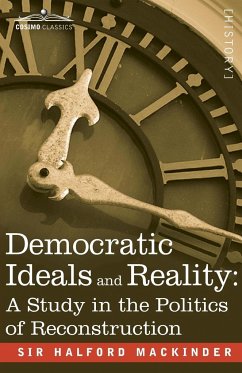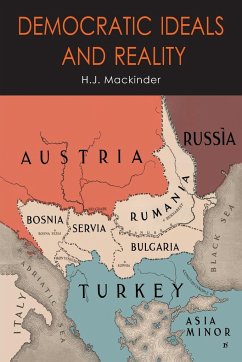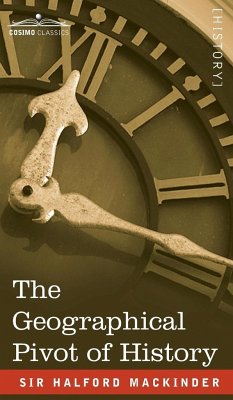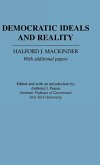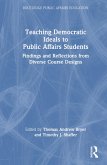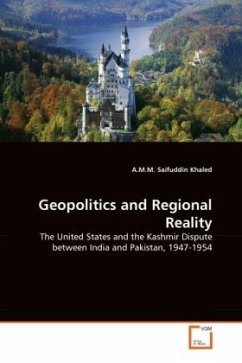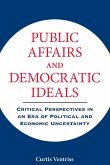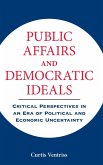"Who rules East Europe commands the Heartland; Who rules the Heartland commands the World Island; Who rules the World Island commands the World." -Sir Halford Mackinder, in Democratic Ideals and Reality, 1919 Democratic Ideals and Reality-A Study in the Politics of Reconstruction, published in 1919, expands on Halford Mackinder's Heartland Theory as earlier described in his 1904 paper The Geographic Pivot of the History. Mackinder was the first to describe the concept of geography as a bridge between the natural sciences and the humanities: In essence, this was the founding moment of geopolitics. In Democratic Ideals and Reality, he further makes a case for fully taking into account geopolitical factors at the Paris Peace conference and contrasts geographical reality with Woodrow Wilson's idealism. The theories of Democratic Ideals and Reality are as relevant as ever for students of history, political scientists, and others interested in geopolitics.

